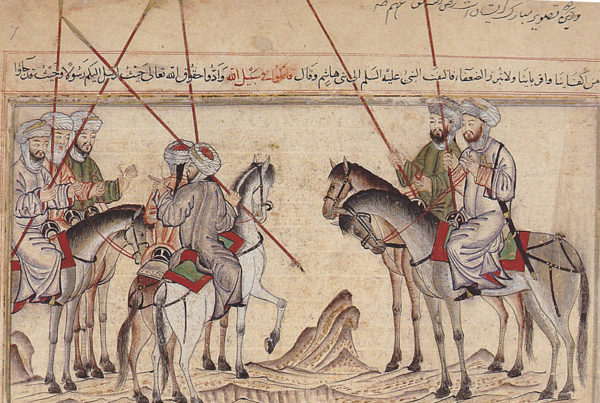
By Barbara Siddiqui
Hirsi Ali has written her fourth book which she says represents “a continuation of her personal and intellectual journey chronicled in her previous books.” In doing so she states that she must “re-engage with Islam – the religion as well as the ideology”. This re-engagement enables her not only to deepen her own understanding of Islam’s complex religious and cultural legacy but also helps those who feel as she once did and who are “trapped between the demands of a religious faith and the attractions of a modern society”. She writes Heretic: Why Islam Needs A Reformation Now as a historic call for reform.
The author begins by sorting Muslims into three categories. The first group she calls the “Medina Muslims” (the Islamic fundamentalists who oppose the infiltration of secular and Westernizing influences and are stuck in the past; the second is the “Mecca Muslims” (the majority of Muslims who are loyal to the creed and observant but not practicing violence); and the final group is the “Modifying Muslims” (the dissidents who think critically about the faith in which they were raised.
The author includes many examples of the violence perpetrated by fundamentalist groups, such as ISIS and Boka Haram, as well as instances of violence committed in many Muslim countries where tacit approval of honour crimes and punishments by authorities is in place.
Hirsi Ali calls for a reformation of five points. These are:
- Muhammad’s semi-divine and infallible status along with the literalist reading of the Qur’an, particularly those parts that were revealed in Medina;
- The investment of life after death instead of life before death;
- Sharia, the body of legislation derived from the Qur’an, the hadith, and the rest of Islamic jurisprudence;
- The practice of empowering individuals to enforce Islamic law by commanding right and forbidding wrong;
- The imperative to wage jihad, or holy war.
Muslims may take offence at what she is proposing but based on other scholarly writings and evolving Islamic ideas, Hirsi Ali is asking Muslims to think critically. The author admits her fear in calling for reform is that it may make some Muslims even more eager to silence her.
Throughout Heretic there are many comparisons to how Christianity and Judaism in modern times tolerate dissent and the questioning of doctrine – without resorting to physical punishment, death threats or denigration – while Muslim fundamentalists are essentially stuck in the past using literal ideas of jihad, physical punishment and creed. These concepts account for many of the “terrorist” and horrific activities perpetrated today in the “name of Islam”.
The book is a plea for a better understanding and knowledge of Islam, especially for those who use portions of Islamic texts to perpetrate crimes against humanity.
In her conclusion Hirsi Ali feels that the Muslim Reformation has begun and she appeals to the Muslim community to continue openly speaking about and discussing Islam in depth and calling for global, peaceful change.
Heretic is a book that requires thoughtful reading, critical thought, and good background knowledge, both religiously and culturally, of Islam. This book should be taken seriously and not meant to install a fear of Islam in anyone.








